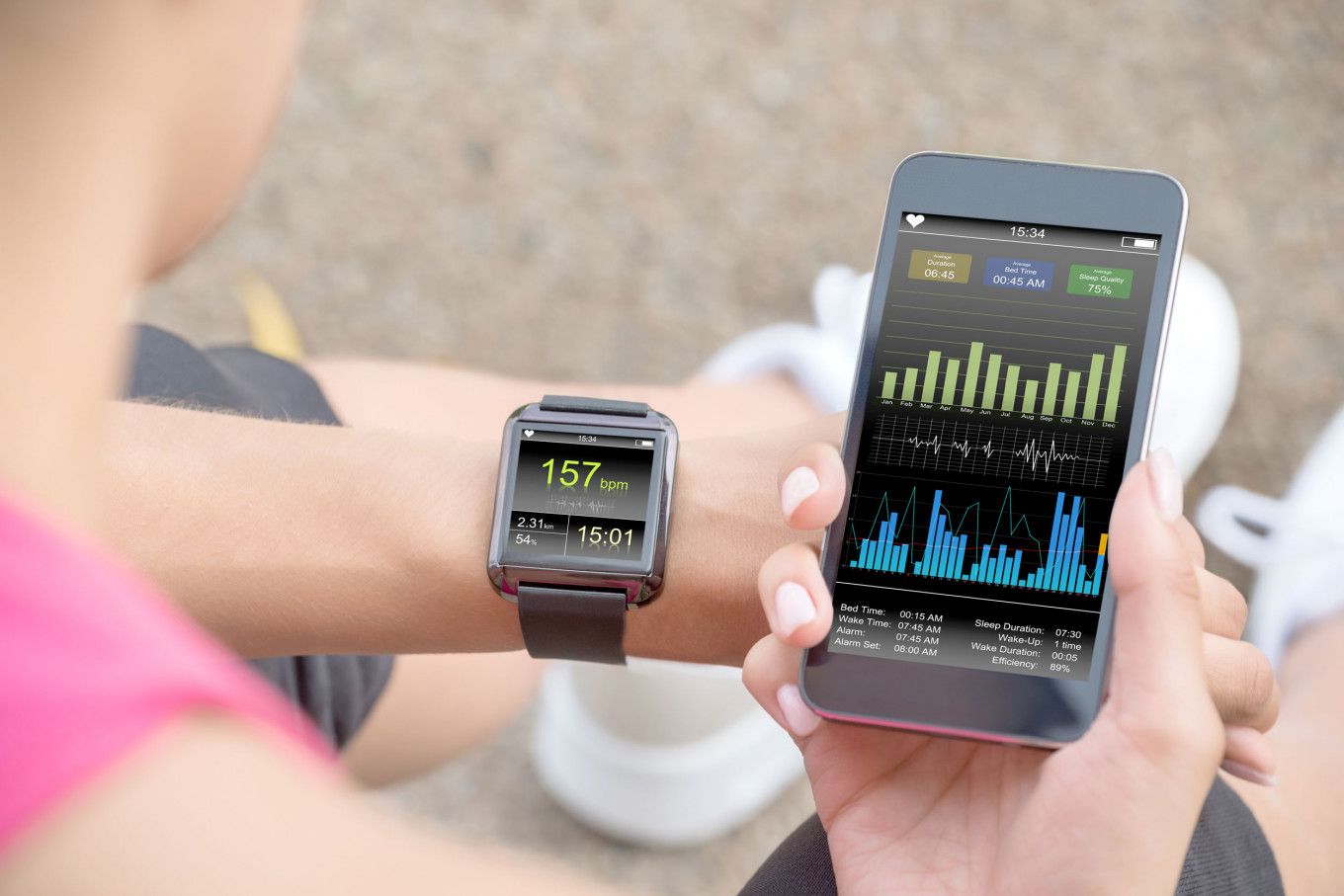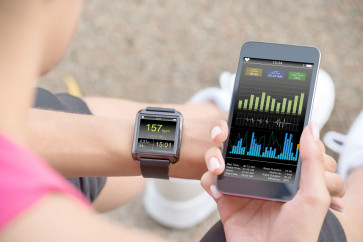Popular Reads
Top Results
Can't find what you're looking for?
View all search resultsPopular Reads
Top Results
Can't find what you're looking for?
View all search resultsFrom telehealth to genomics: Modernizing health care in Indonesia
Change text size
Gift Premium Articles
to Anyone
A
technology-powered vision of our health care future is now a reality. Our smartwatches and fitness trackers continuously monitor our physical activities and sleep patterns.
On our phones, a plethora of digital health apps take the data from these trackers to monitor trends and detect changes, sending us annoying reminders and alerts if we have not moved enough for the day or if our heart rate becomes elevated.
If we are suffering from the sniffles or have any inexplicable symptoms, gone are the days when we’d have to queue for hours in a hospital lobby just to talk to a doctor. We now just have to open an app to talk to the health care professional we need from the comfort of our couch.
If the online doctor prescribes medicine for what ails us, all it takes is a few taps on an app for the medicine to be delivered to your door in an hour or so.
“Together, these smart technologies represent a transformative shift toward more interconnected, data-driven and personalized health care delivery,” says Varun Sethi, vice president of Commercial Outsourcing and Cluster Head at DKSH Healthcare, a strategic health care solutions partner. That begs the question: How much more will health care services evolve in Indonesia in the coming year?
Read also: Fostering Peer-to-Peer Lending’s Role in Indonesia’s Economy
Expansion and integration



















